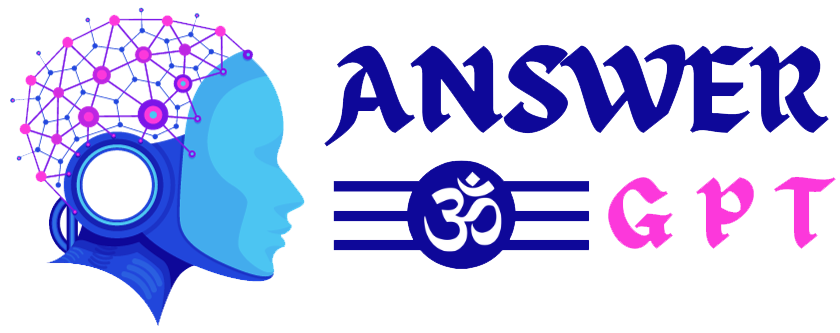Global Marketing Management Week 2 NPTEL Assignment Answers 2025
NPTEL Global Marketing Management Week 2 Assignment Answers 2024
1. In which year was International Monetary Fund (IMF) established.
- a. 1956
- b. 1944
- c. 1947
- d. 1952
Answer: b
Explanation:
The IMF was established in 1944 at the Bretton Woods Conference to promote global economic stability and growth. It became operational in 1945.
2. _________ is an international reserve asset created to supplement members’ existing reserve assets.
- a. International Monetary Fund
- b. Speculations
- c. Special Drawing Rights
- d. Dirty Float
Answer: c
Explanation:
Special Drawing Rights (SDRs) are international reserve assets created by the IMF to support countries’ official reserves. They represent a claim to currency held by IMF member countries.
3. What does the balance-of-payments (BOP) record?
- a. Record of all economic transactions between the residents of a country and the resident of other countries over a specified time period usually a year.
- b. Record of all non-economic transactions between the residents of a country and the resident of other countries over a specified time period usually a year.
- c. Record of all economic transactions between the non-residents of a country and the resident of other countries over a specified time period usually a year.
- d. Record of all non-economic transactions between the non-residents of a country and the resident of other countries over a specified time period usually a year.
Answer: a
Explanation:
BOP is a summary of all international economic transactions made by residents of a country, including trade, investment, and transfer payments over a given period.
4. Unilateral transfers are included in which of the following account?
- a. Capital account
- b. Current account
- c. Official reserves
- d. Savings account
Answer: b
Explanation:
Unilateral transfers like gifts, foreign aid, and remittances are recorded in the current account as they involve transfer of money without any return.
5. Which of the following is NOT an element of culture?
- a. Material life
- b. Language
- c. Income
- d. Education
Answer: c
Explanation:
Income is an economic term and not a cultural element. Culture includes beliefs, language, customs, education, and material life.
6. Within a given culture, consumption processes can include which of the following stages?
- a. Access, Buying behavior, Consumption characteristics, Disposal
- b. Accommodation, Buying behavior, Consumption characteristics, Disposal
- c. Access, Behavior, Consumption characteristics, Disposal
- d. Access, Buying behavior, Cultural characteristics, Disposal
Answer: a
Explanation:
Cultural consumption processes involve how people access products, how they buy, use, and eventually dispose of them.
7. The process of managing interaction between the company and its customers is called ___________.
- a. Customer relationship management
- b. Client relationship management
- c. Customer resource management
- d. Customer relationship handling
Answer: a
Explanation:
Customer Relationship Management (CRM) is a strategy to manage a company’s interaction with current and potential customers using data analysis.
8. Pricing policies are driven by:
- a. Employees, Company, Competition, Collaborators
- b. Customers, Company, Government, Collaborators
- c. Customers, Company, Competition, Collaborators
- d. Customers, Company, Competition, Family members
Answer: c
Explanation:
Pricing decisions are influenced by customer expectations, internal company goals, competitors’ pricing, and supply chain collaborators.
9. __________ refers to foreign government’s takeover of company goods, land or other assets with compensation that tends to fall short of their market value.
- a. Expropriation
- b. Confiscation
- c. Nationalization
- d. Phase-out policy
Answer: a
Explanation:
Expropriation is the forced transfer of assets by a government, typically with inadequate compensation.
10. ________ is an outright takeover of assets without compensation.
- a. Expropriation
- b. Confiscation
- c. Nationalization
- d. Phase-out policy
Answer: b
Explanation:
Confiscation is a more severe form of expropriation where the government seizes assets without providing any compensation.

![[Week 1-12] NPTEL Global Marketing Management Assignment Answers 2025](https://answergpt.in/wp-content/uploads/2025/01/Global-Marketing-Management-2025.jpg)

![[Week 1-12] NPTEL Global Marketing Management Assignment Answers 2024](https://answergpt.in/wp-content/uploads/2024/01/NPTEL-Global-Marketing-Management-Assignment-Answers-2024.jpeg)


